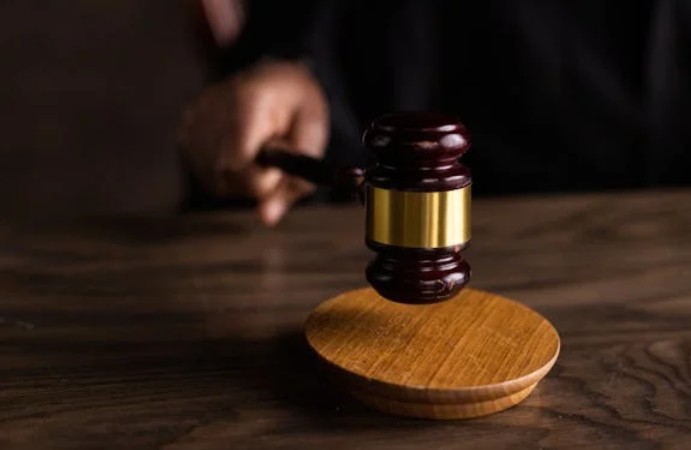A Nairobi High Court is expected to deliver a ruling on a ban that was imposed against Marie Stopes Kenya, preventing the organization from providing abortion services and conducting related public awareness campaigns.
The case was filed after a directive issued in November 2018 restricted Marie Stopes from offering not only abortion services but also post-abortion care, even in cases of medical emergencies. The directive further prohibited the organization from running public reproductive health awareness campaigns, a move that has drawn criticism from rights groups and health advocates.
The petitioners argue that the ban has had severe consequences for women and girls who seek urgent medical assistance. They claim that individuals in need of safe abortion or post-abortion care are being denied lifesaving services, putting their health and lives at risk. According to them, the ban has created a gap in the provision of lawful and essential healthcare services.
Their legal representatives contend that the directive was unconstitutional, as it exceeded the mandate of the institutions involved and infringed on fundamental rights. They also argue that the bodies responsible for the ban acted without any formal complaint, notice, or hearing, thereby denying Marie Stopes Kenya due process.
Part of the petition focuses on the role of the Kenya Film Classification Board (KFCB), which restricted the airing of reproductive health campaigns on radio. The petitioners argue that KFCB overstepped its authority, as its legal mandate is limited to regulating films and stage plays, not health communication campaigns. They dismissed claims that the campaigns were advocating for abortion, stating that they were intended to raise awareness on comprehensive reproductive health services.
The case now rests before the High Court, with Judge Chacha Mwita set to determine whether the ban will remain in force or be lifted. Observers say the ruling could have far-reaching implications for reproductive health rights in Kenya, particularly on access to safe abortion and post-abortion care.
If the court overturns the ban, Marie Stopes Kenya may resume offering critical reproductive health services and public education campaigns. However, if upheld, the directive could reinforce restrictions on abortion services, intensifying the debate on reproductive rights and health access in the country.

